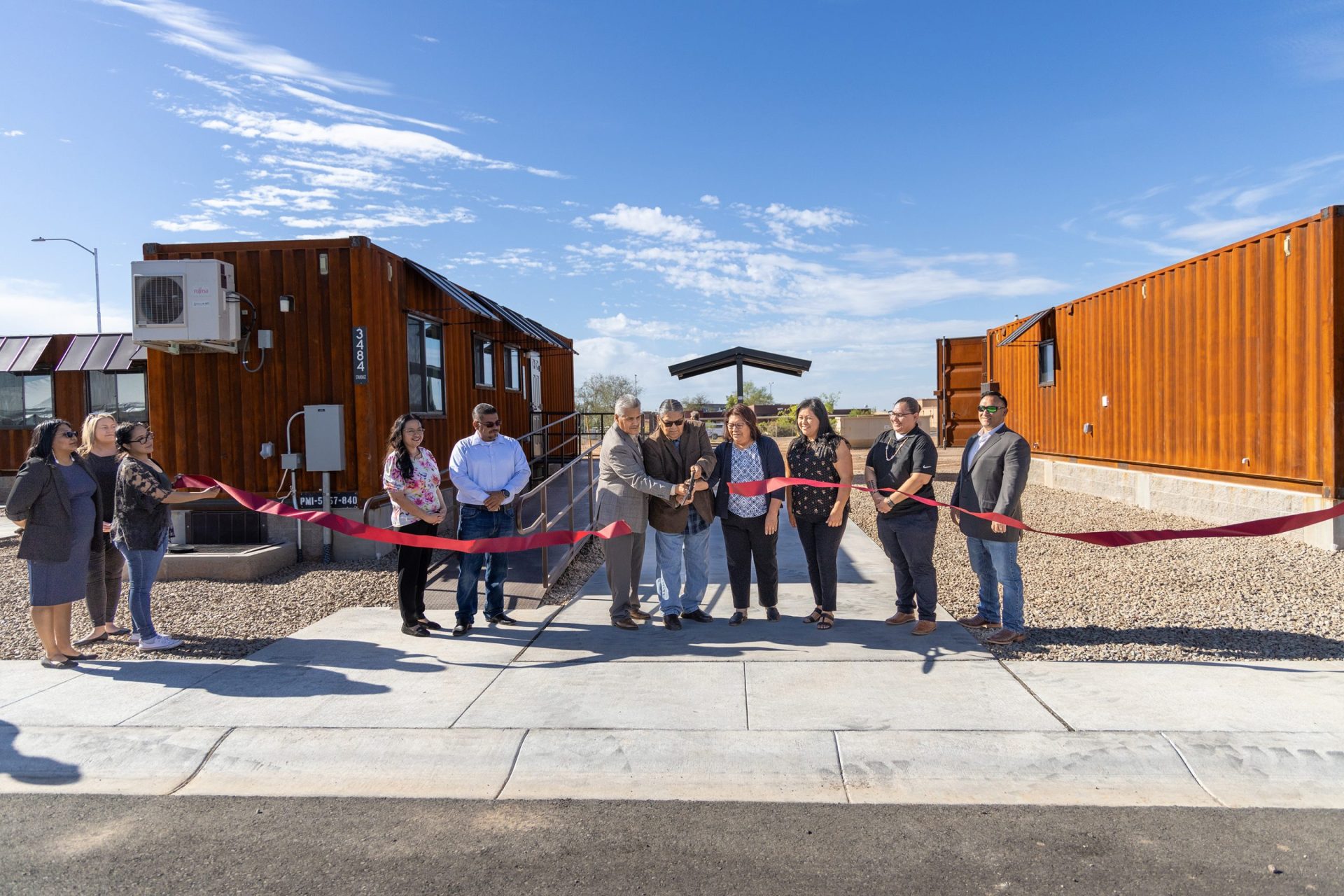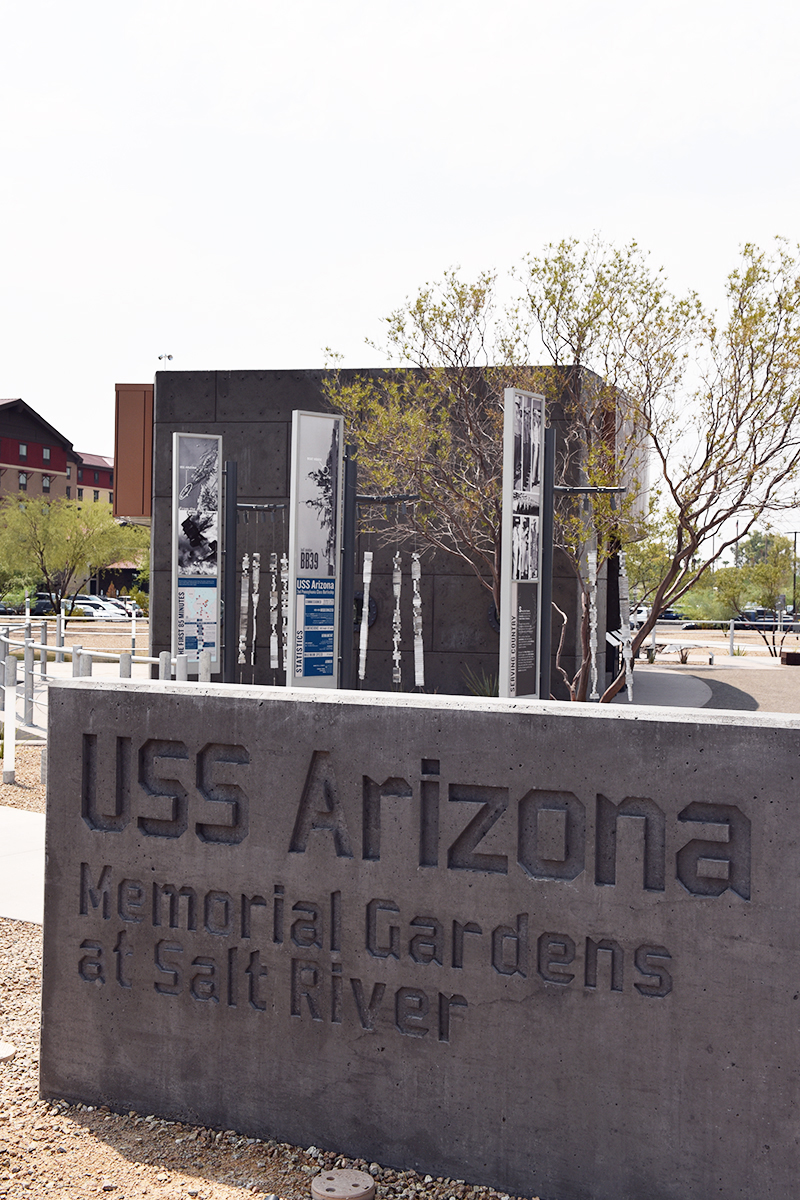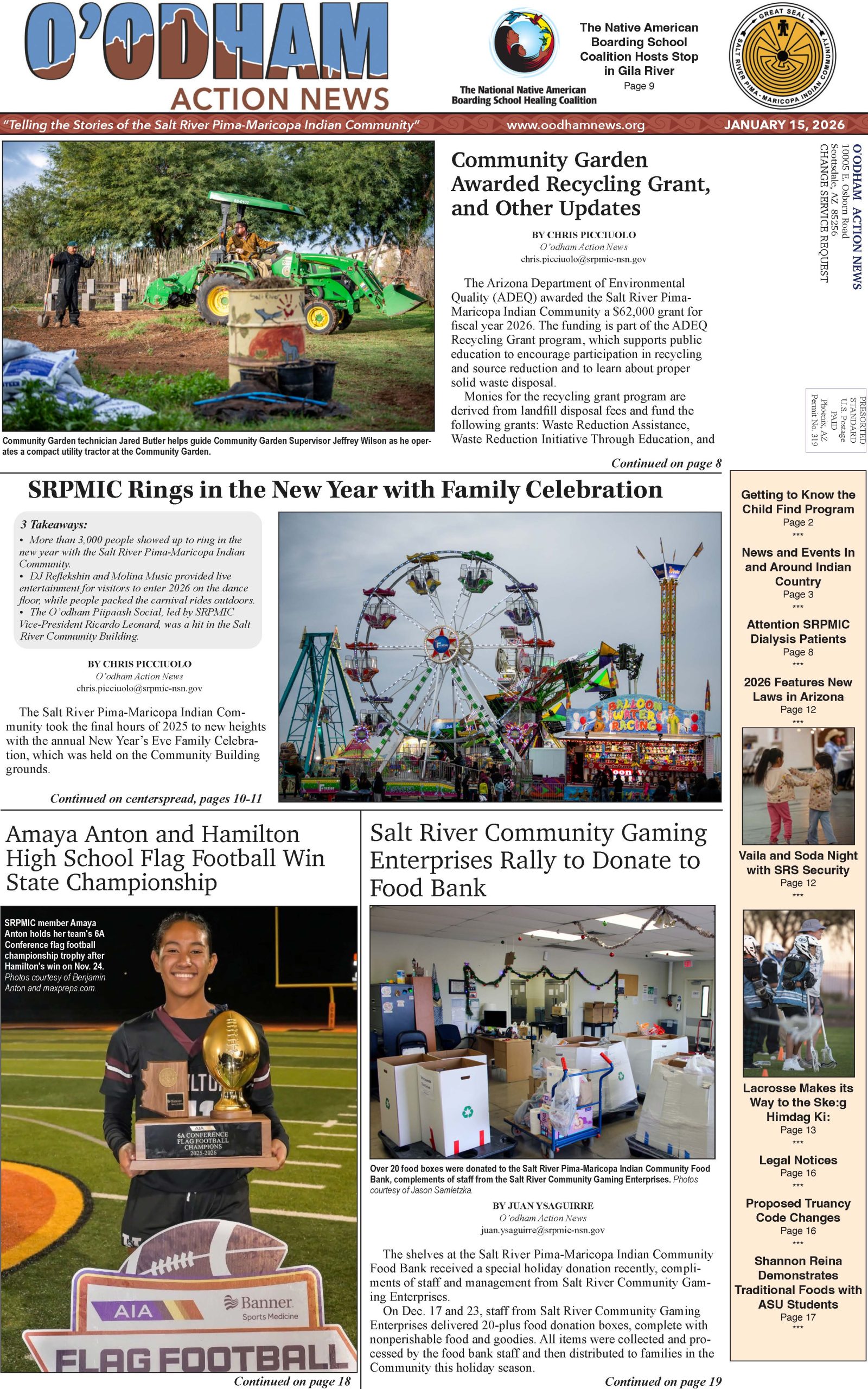VIEWS: 3990
May 11, 2023SRPMIC Opens Transitional Housing North of Two-Waters Campus
The Salt River Pima-Maricopa Indian Community held a ribbon-cutting ceremony on April 13 to complete the transitional housing neighborhood located across from the Two Waters campus and Tribal Court. Called the Step To Empowerment Program (STEP) Transitional Housing Program, the neighborhood consists of 10 single and double housing units that will be overseen by the SRPMIC Health and Human Services Department (HHS).
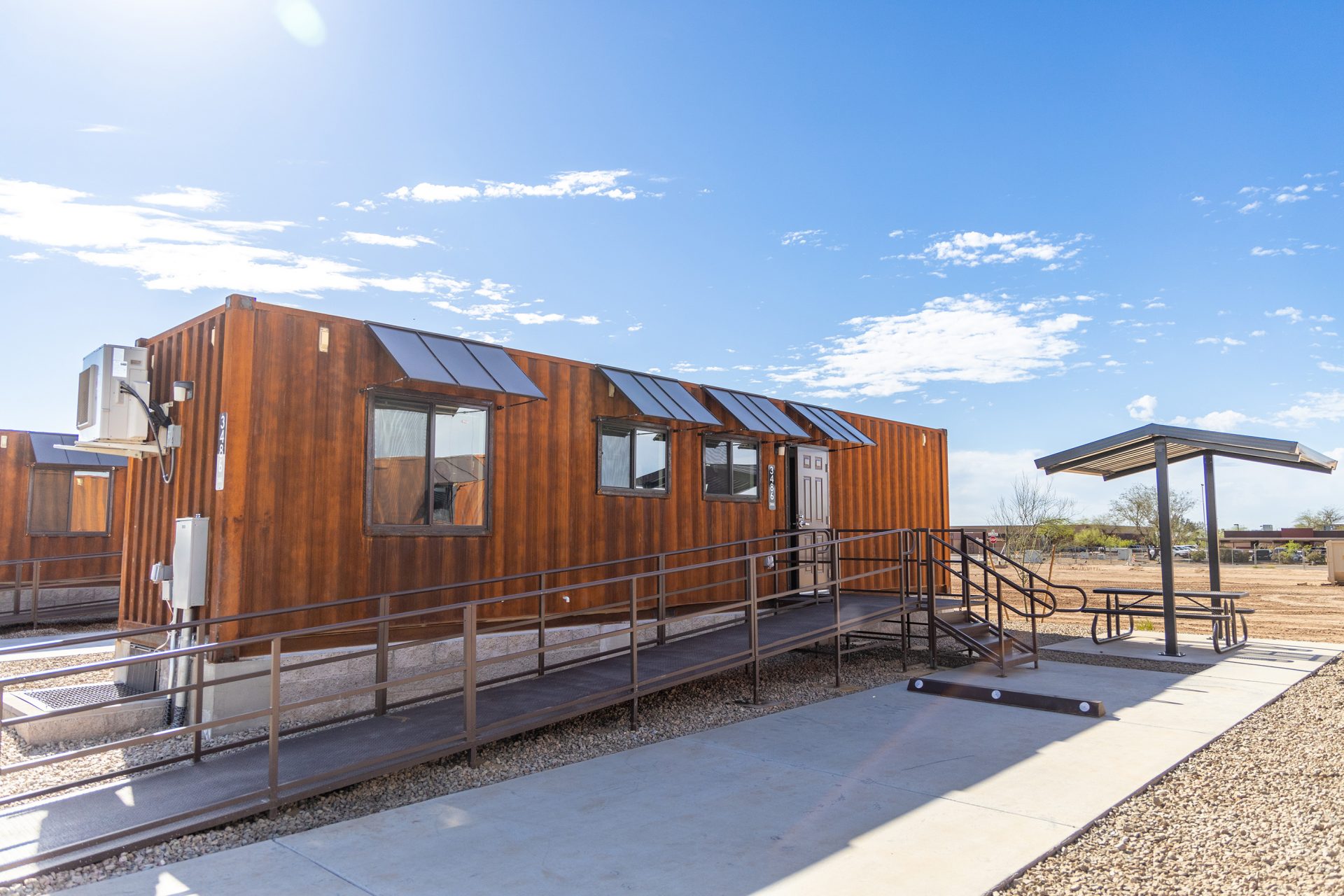
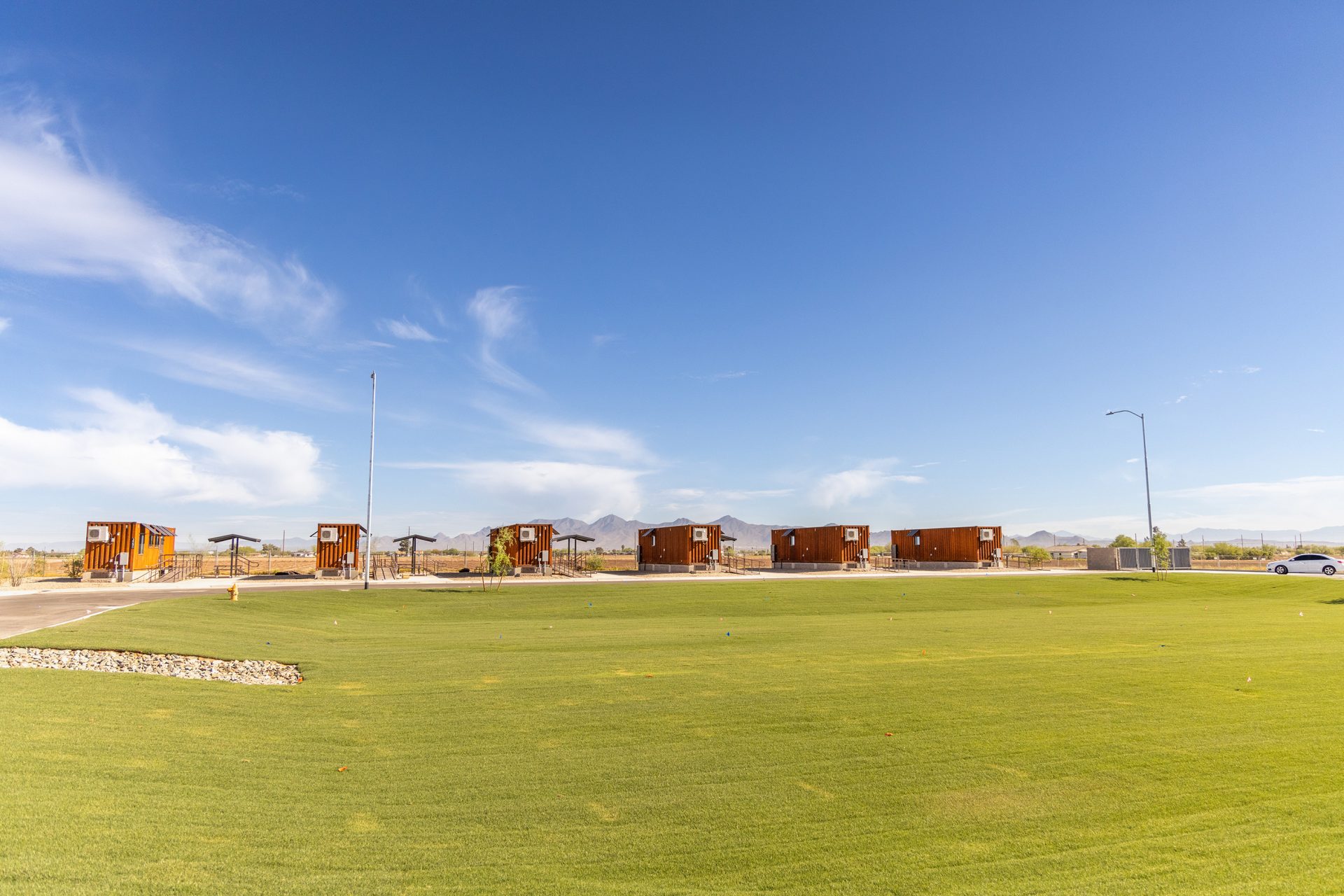
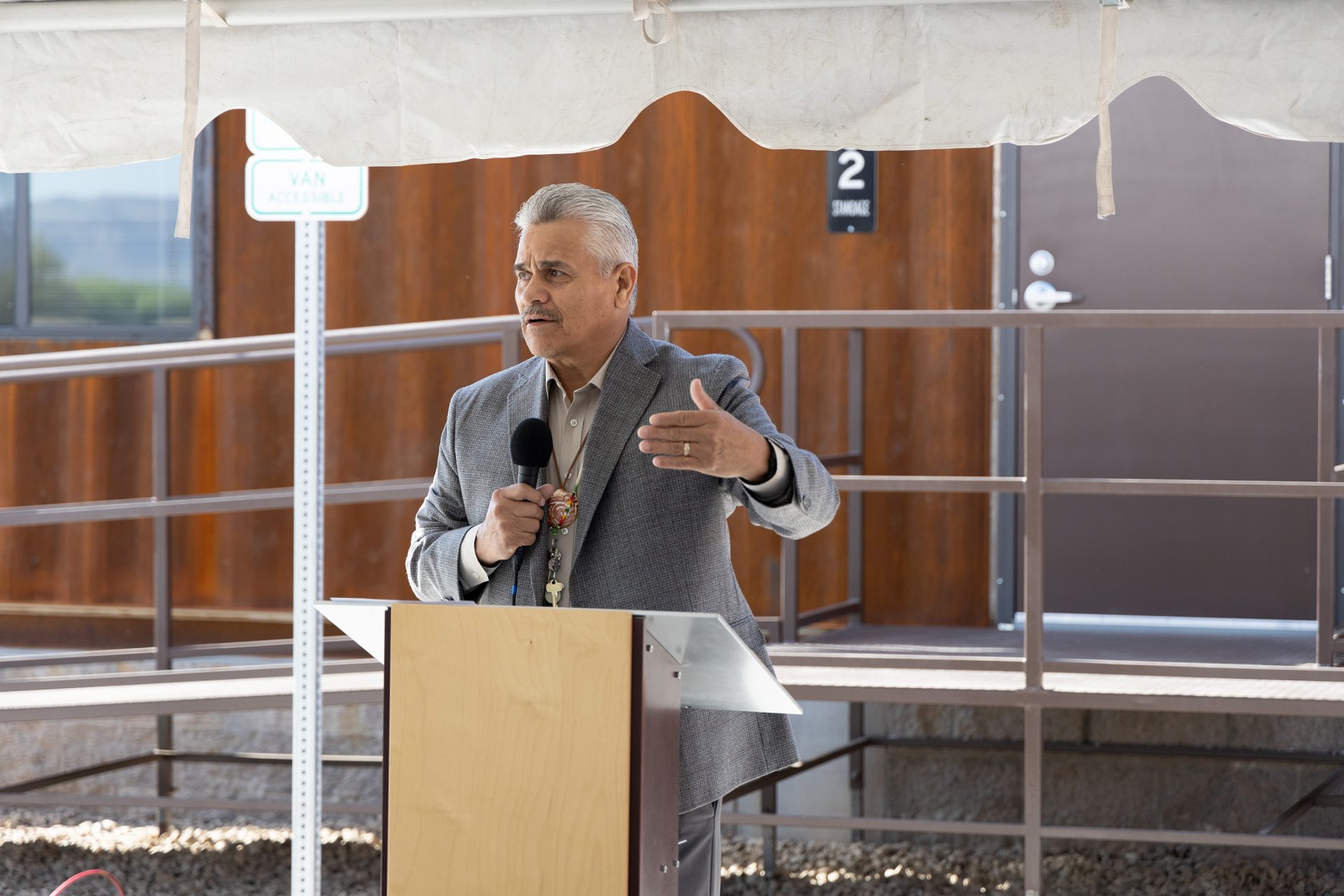
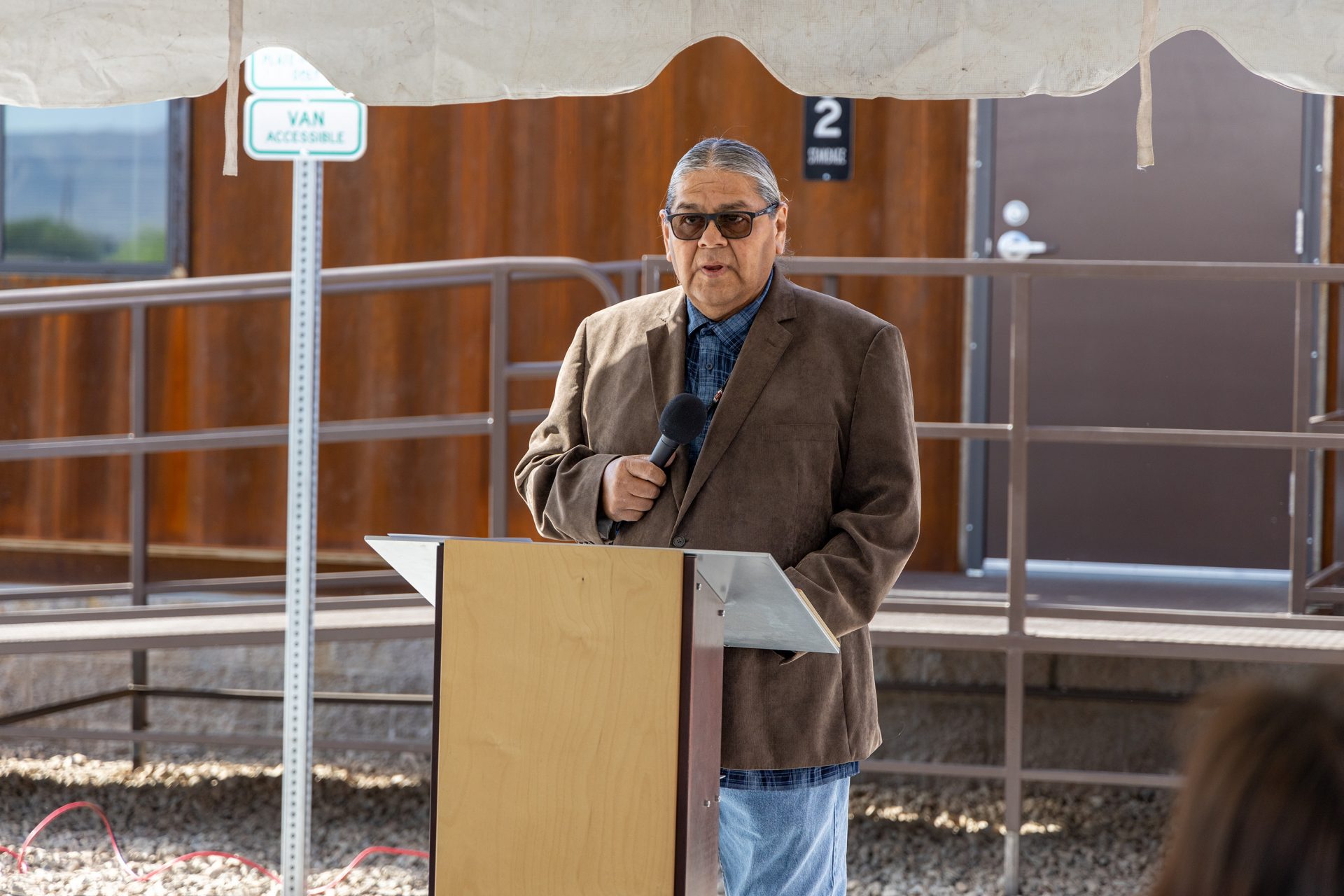
At the ribbon-cutting, SRPMIC President Martin Harvier was joined by members of Council to officially usher in the new transitional housing units on the same site where ground was broken almost a year ago.
Harvier reflected on the importance of the transitional housing project. “To be here and see the project completed and the people that the homes will serve just speaks to how the Community works together to make this happen,” he said.
President Harvier thanked the Tribal Council, SRPMIC departments and individuals who were involved with development of the STEP project. “We are blessed as a Community to have this project here [for] individuals who are reaching a point of getting better in their life. These homes will help with that transition, instead of [individuals] going back into the environment they were previously in,” said Harvier.
“I would like to acknowledge the Special Projects Division within the Community Development Department (CDD). They have definitely put their blood, sweat and tears into making this happen within such a short timeframe,” said Christi Andrews, assistant director for the CDD. She thanked individuals from the Resident Resources Division, HHS and the reentry program, which is overseen by the Behavioral Health Services Journey to Recovery (JTR) program.
“[During] my whole life I have seen the tribal campus adapt to the Community’s needs … the tribal campus is adapting to the challenges of today,” said Normalinda Enas Sidney, construction project manager for the Special Projects Division. She feels that a community has a moral obligation to assist those who have lost their way and help them get back on the right path. “We have put the tiny homes as part of the tribal campus because of this deep-seated belief that a healthy community is mind, body and spirit.”
According to information provided by Nicole Charlie, Resident Resources and Services manager and Salt River Financial Services Institution (SRFSI) program administrator, “The STEP program is a cross-departmental collaboration. It is a referral-based program (HHS/JTR and HHS/SSP are the referring programs) so that a participant has a dynamic case plan with case management and resources to foster their success and transition into life after exiting a substance abuse recovery program or the criminal justice system and ultimately find long-term housing outside of the program.”
Additionally, according to Charlie, “To maximize the number of participants the program can help, it is a short-term transitional housing program for a term of six months, with a possible extension of an additional six months but not to exceed 12 months total. The extensions will not be automatic and will only be utilized for special circumstances. Since there are only 10 units, we want to ensure participants are working their case plans and actively and diligently seeking long-term housing while they are in the STEP program.”
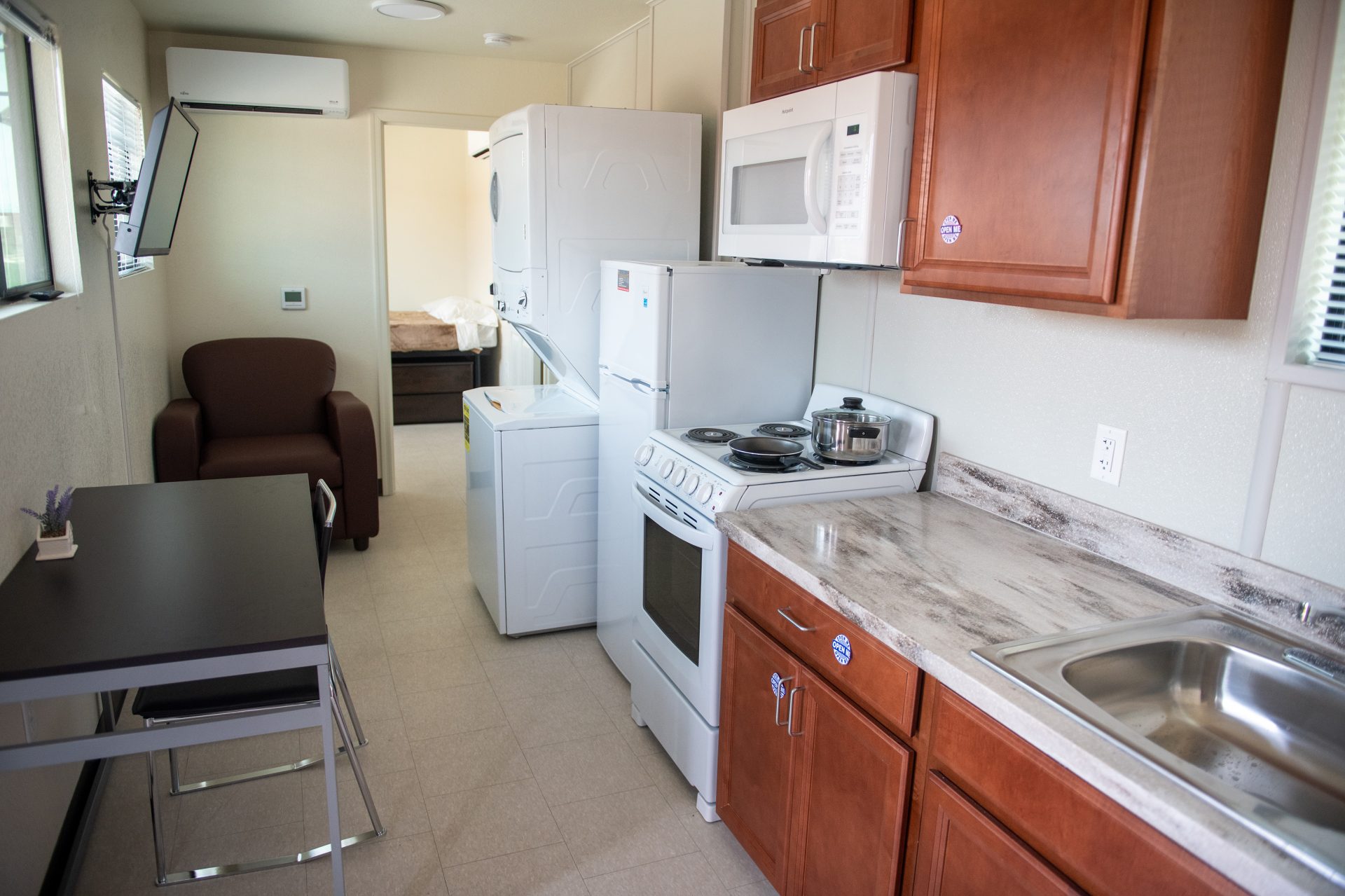
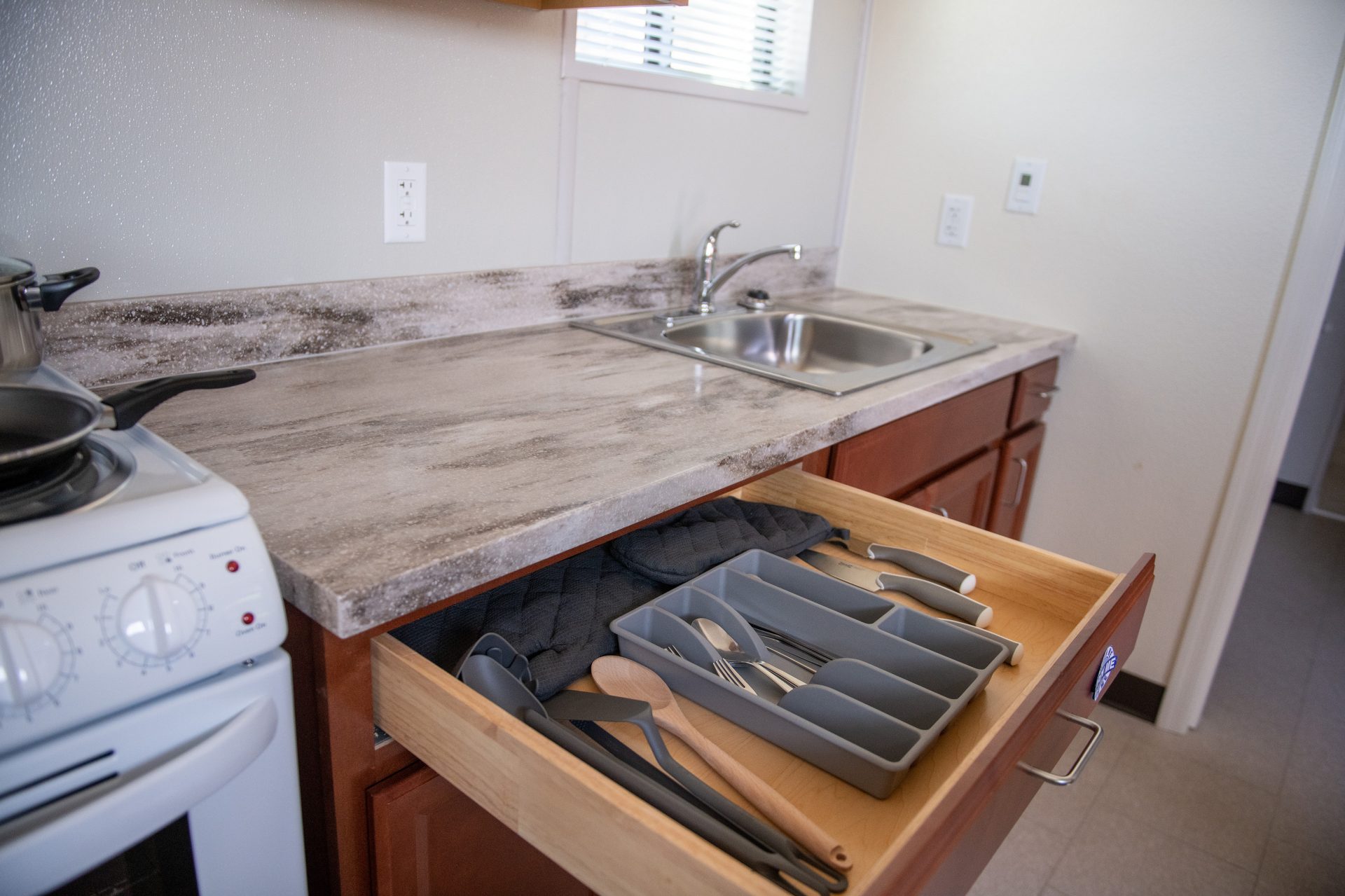
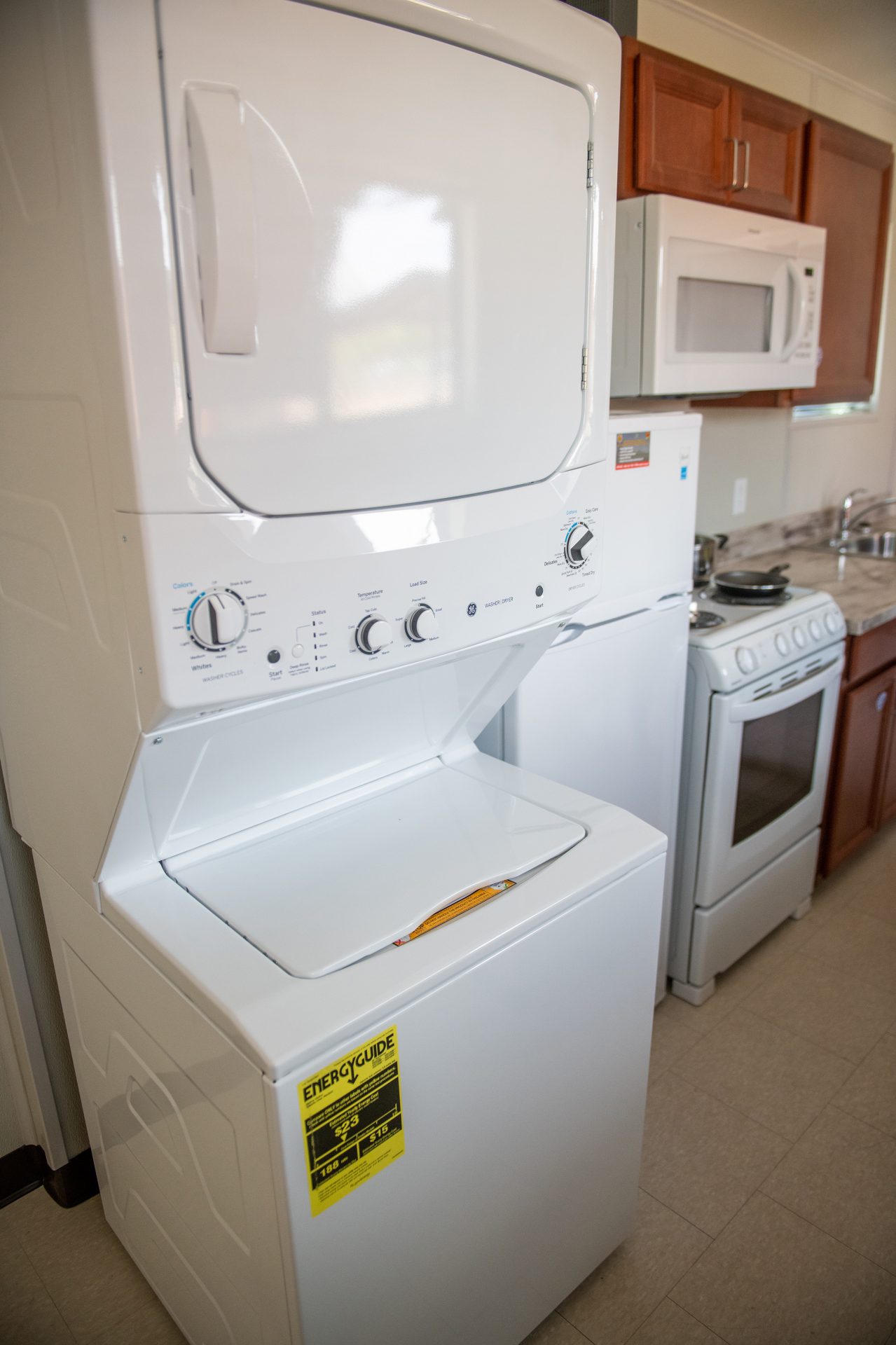
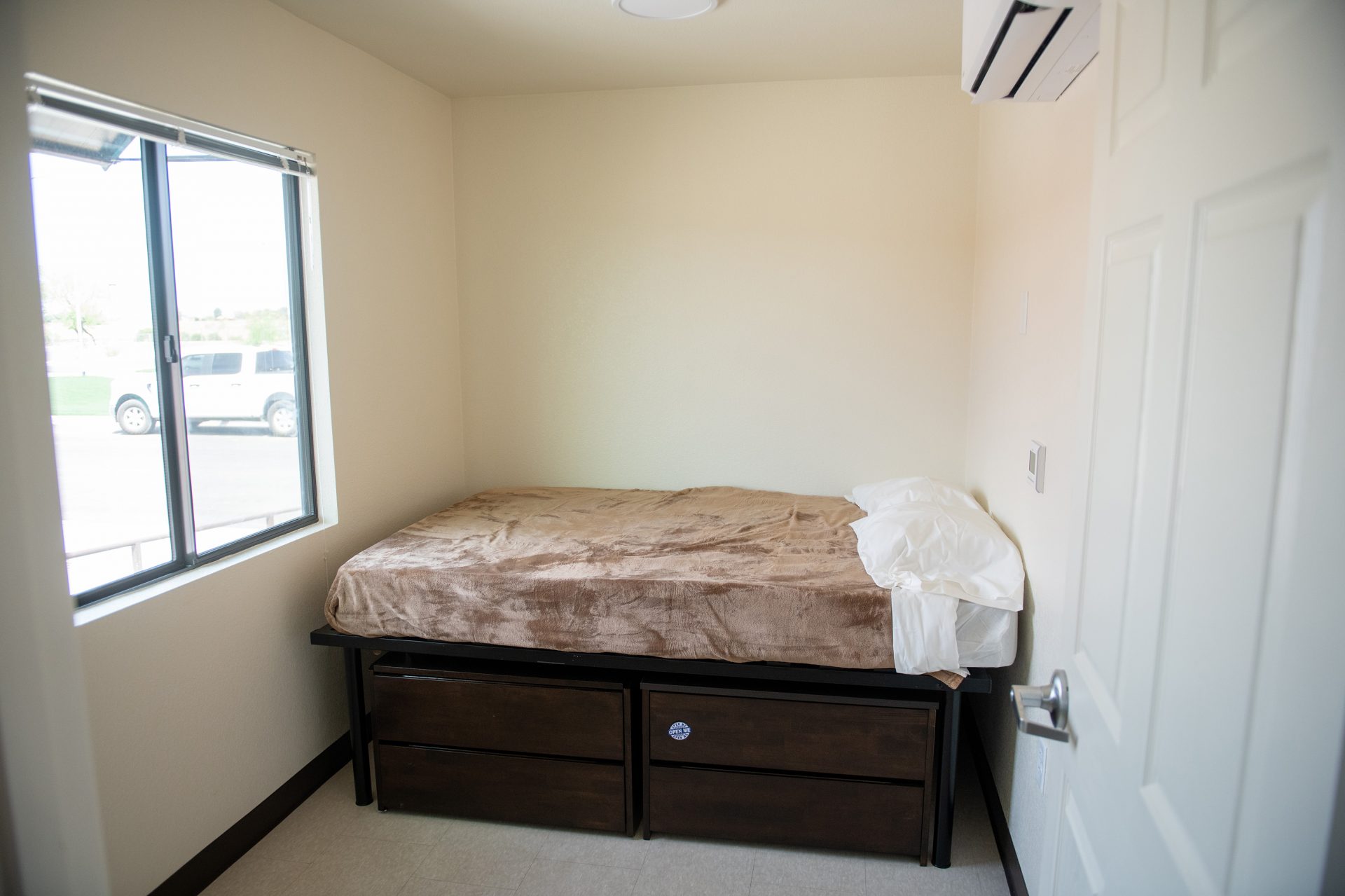
To provide continued oversight of the transitional housing project, the STEP Committee will meet monthly, and the program requires monthly updates on participants from their assigned case managers.
STEP Transitional Housing: Making It Possible:
Community Development Department/Residential Resources (Housing): Property management and managing/facilitating the STEP Committee.
Engineering and Construction Services/Residential Services: Maintenance of the homes.
Health and Human Services/Journey to Recovery Program: Case management and referring applications for program participation
Health and Human Services/SSP: Case management and referring applications for program participation
STEP Committee: Program oversight
CDD/Special Projects Team.
The STEP Committee includes five voting members (CDD/RS, ECS/Residential Services, HHS/Central Intake Center, HHS/JTR, HHS/SSP) and three ad hoc non-voting members (Human Resources, the Education Higher Ed Program and Social Services).

